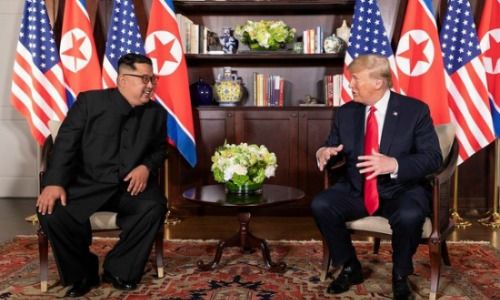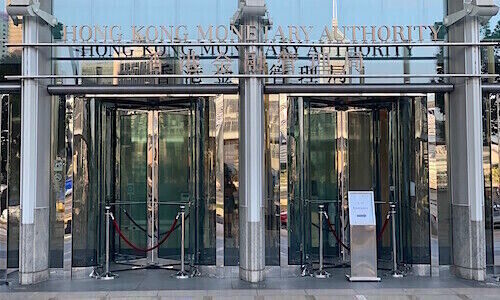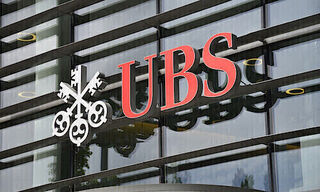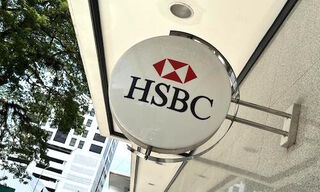Although the Trump-Kim summit ended on a high note, details that could defrost North Korea's trade with the rest of Asia remain scant. Perhaps, Myanmar could present a case study.
Tangible outcomes on the trade front remain scant despite Singapore having spent $20 million to host the summit, business observers say. This is especially so when sanctions hindering North Korea's economic growth are staying for now, and benefits to the region will only come in slowly.
«While the Singapore Summit has now concluded, there is still a great deal of uncertainty when it comes to trade in the region» said Steven Okun, a member of the American Chamber of Commerce (AmCham) board of governors.
Some Potential
Ho Meng Kit, chief executive of Singapore Business Federation is optimistic of the future. «Over the longer term, as North Korea pursues a new path of economic advancement and engagement, it will be a new emerging market which will likely present some opportunities for our companies.»
Singapore suspended all trade from North Korea end of last year, in accordance to U.N. sanctions. Singapore was North Korea's sixth largest trading partner, with trade reaching S$39 million in 2015, but this slipped to a paltry S$700,000 last year. «We used to have some trade with them, so there is some potential. But it will take some time,» Singapore's prime minister Lee Hsien Loong told the local media.
Mice Events Could Rise
Besides the potential for intra-regional trade, Singapore will now become a top choice for organisers of Mice (meetings, incentives, conferences, and exhibitions) events. «This whole event will put us onto the international stage much better than even our F1 can,»noted Francis Tan, an economist at UOB bank.
Myanmar was previously hit by sanctions over the military junta’s brutal suppression of the then opposition party led by leader Aung San Suu Kyi. Although North Korea has a population half the size of Myanmar's, its strategic location between two economic powerhouse presents vast opportunities for regional tourism dollars and cross-border trade.
Sanctions Lifted
After the United States lifted sanctions on Myanmar end of 2016, tourists from the U.S. and Europe flocked to the country in droves, challenging the country's under-developed airport and hospitality infrastructure. Make-shift hotels and tour packages sprung up everywhere to meet the surge in demand.
In the year 2017/18, Myanmar's export value rose 24 percent year on year to $14.8 billion, according to the official statistics issued by Myanmar's Ministry of Commerce.



























